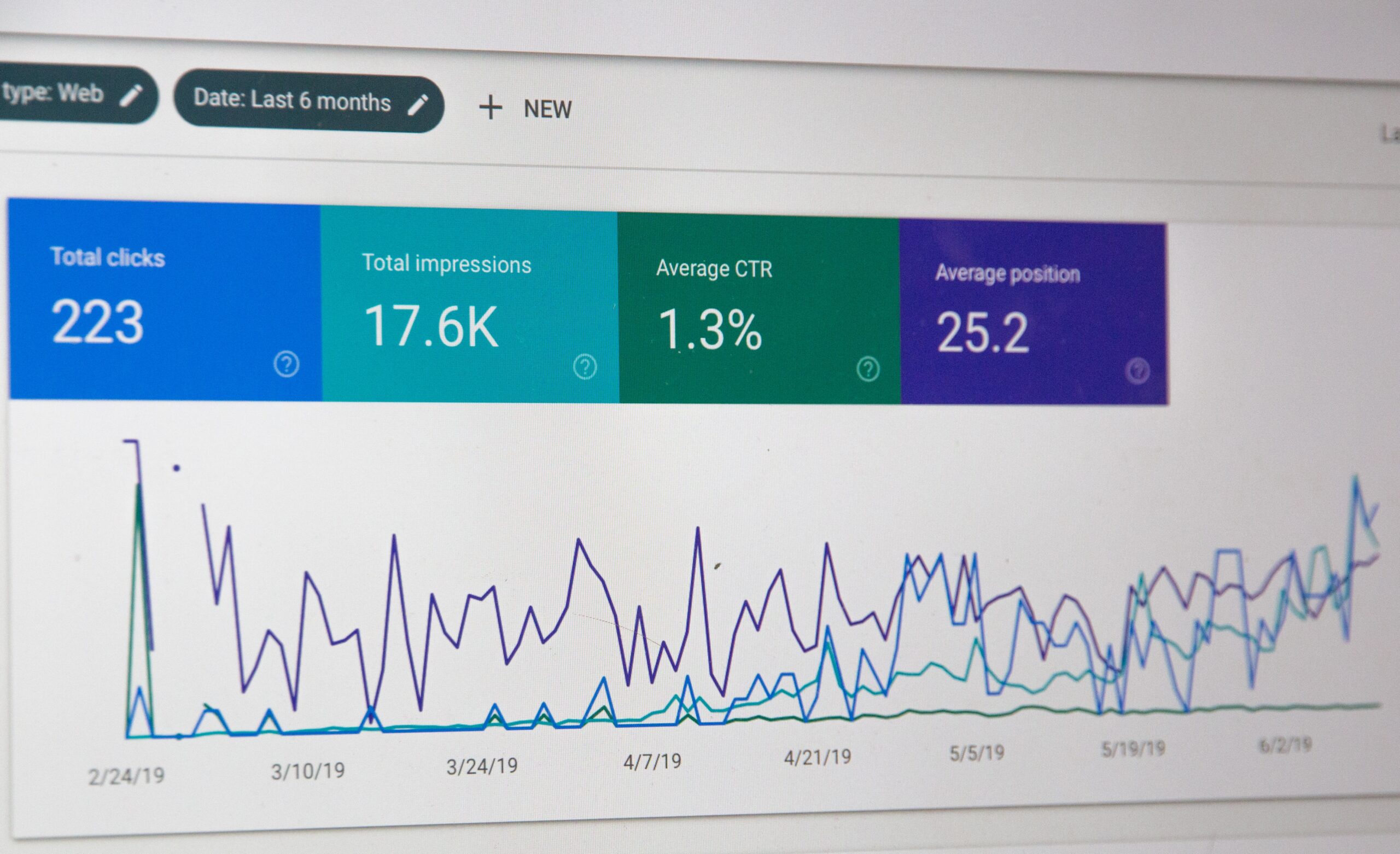In the fast-paced world of digital marketing, a well-planned and executed SEO strategy can be the key to boosting the visibility and organic traffic of your website. As we move further into 2023, the SEO landscape continues to evolve, making it crucial to stay updated with the latest trends and best practices.
In this article, we will explore how to create an effective SEO strategy and provide you with seven key points to consider in order to achieve success in the competitive realm of search engine rankings.
1. Keyword Research:
Keyword research is the foundation of any solid SEO strategy. Start by identifying relevant keywords for your industry and niche. Use tools like Google Keyword Planner and SEMrush to discover keywords with high search volume and low competition. Additionally, consider long-tail keywords, which are more specific and can help you drive quality traffic.
2. On-Page Optimization:
On-page optimization plays a crucial role in the success of your SEO strategy. Ensure that you optimize your meta tags, such as the page title and description, using relevant keywords. Improve the structure of your website to make it user-friendly and search engine-friendly. Additionally, optimize your URLs, headers, and overall content, making sure it is enriched with strategic keywords.
3. Creating Quality Content:
Quality content is fundamental in attracting users and improving your search engine rankings. Create original, relevant, and valuable content for your audience. Use keywords naturally and provide answers to users’ questions. Consider using formats such as videos, infographics, and case studies to diversify your content strategy.
4.Building Backlinks:
Backlink building continues to be an important factor in Google’s algorithm. Look for opportunities to acquire quality links from relevant and authoritative websites in your industry. This can be achieved by creating compelling content that other websites would want to link to, collaborating with influential bloggers, or actively participating in online communities.
5.Mobile Optimization:
In the era of mobile devices, mobile optimization is essential. Ensure that your website is fully optimized for mobile devices, using responsive design and ensuring fast loading speeds. Additionally, consider implementing AMP (Accelerated Mobile Pages) to further enhance the user experience on mobile devices.
6.User Experience:
Google values user experience and takes it into account in its search algorithm. Improve the user experience by ensuring that your website is easy to navigate, with intuitive navigation and fast loading times. Optimize the structure of your content and use well-structured headers and paragraphs to facilitate readability. Additionally, ensure that your website is error-free and secure.
7.Data Analysis and Tracking:
An effective SEO strategy requires constant data tracking and analysis. Use tools like Google Analytics and Search Console to monitor your website’s performance, organic traffic, keyword performance, and other relevant data. Analyze this information to identify areas for improvement and growth opportunities.
Creating an effective SEO strategy is not an easy task, but it is essential for achieving success in the digital world. Ensure thorough keyword research, optimize your website both on-page and off-page, create valuable content, build quality backlinks, and deliver an exceptional user experience. Additionally, remember to continuously analyze and adjust your strategy based on the data collected.
By implementing these seven key points into your SEO strategy, you will be well on your way to improving your visibility in search engines and increasing organic traffic to your website. Remember, SEO is an ongoing process, and staying abreast of the latest trends and best practices will allow you to maintain a competitive edge in the ever-changing realm of digital marketing.

